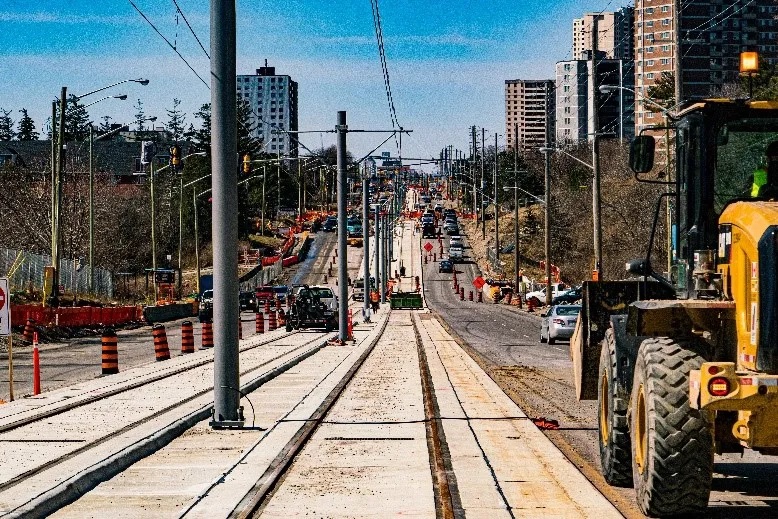turini2
Active Member
Some photos from the "open house"
|
|
|
Some photos from the "open house"
Likely we'll see most of the strip malls, with their free parking out front, converted into low-rise, mixed-use developments. This time with paid parking (better be).got this idea after reading other thread about a developer wanting to buy an entire townhouse complex near eglington/don mills for condo development due to LRT nearby
so what pieces of real estate/townhouse complexes, buildings etc.. do you think developers will try and buy on or near finch LRT line once its finished ?
There are a number of small plaza that will be on the hit list as well a fair number of locations.got this idea after reading other thread about a developer wanting to buy an entire townhouse complex near eglington/don mills for condo development due to LRT nearby
so what pieces of real estate/townhouse complexes, buildings etc.. do you think developers will try and buy on or near finch LRT line once its finished ?
If you're really interested in the topic, you can read through a report the city made a few years back, the Finch West Real Estate Market Conditions Study:got this idea after reading other thread about a developer wanting to buy an entire townhouse complex near eglington/don mills for condo development due to LRT nearby
so what pieces of real estate/townhouse complexes, buildings etc.. do you think developers will try and buy on or near finch LRT line once its finished ?
There are a number of small plaza that will be on the hit list as well a fair number of locations.
It boils down who is willing to sell as well how much can return on the investment. Then how many floors will it have in the new development. Most of the area is low rise in the first place,
Anything that has rental residential units will had a tougher process to go through to become X, depending on the number of units.
Its time to rethink these towers in the park as they are a waste of space and lack of street edge, especially on Finch itself.I think with the new changes to MTSA's there will potentially be more opportunities for increased density with developers assembling back-lotted houses along finch, in addition to the plazas and strip malls. Also I wonder if we will see more tower in the park in fills as well.
Definitely on the retail. This localism trend has mutated into a twee affectation of urbanism that actual residents don't need and don't use. Centralised shopping centres are most often really great places, even if they are *gasp* more than 15 minutes away!Its time to rethink these towers in the park as they are a waste of space and lack of street edge, especially on Finch itself.
Buildings need to range from 8-25+ and not everyone needs retail at the base.
Some buildings should have street level like house enough they there maybe towers above then. I can see some green spaces in places.
There are so many businesses that a street/area can support that you can over saturate it to the point some will fail. Having the wrong business in the wrong area doesn't help.The main drag needs retail though, or else it is a drag to walk down.
But that needs to be retail that actually works. Ground floor retail in condos as we’ve been doing it.. mostly creates over expensive under sized units that either have no ROI for the developer or sit empty.




